Working While Travelling? Why It's a Bad Idea and How to Make It Work for You
How to balance work and travel when you are (or aspire to be) a digital nomadCan you travel and work at the same time?
For a long time, we held firm in the belief that we could travel and work at the same time.
It’s possible, yes, but as we’ll explore in this article it is far from optimal.
At least not for us. And perhaps not for you, either.
Table of contents

Let’s define ”travel” and ”work”
Those two things can mean very different things to different people.
For us, travel means to experience new things. To seek out the unfamiliar, the fascinating and the beautiful.
Working means to sit down and get stuff done on our laptops. Difficult stuff that requires our full concentration for extended periods of time.
With those definitions, it quickly becomes apparent why the two don’t go too well together.
Let’s explore work first.
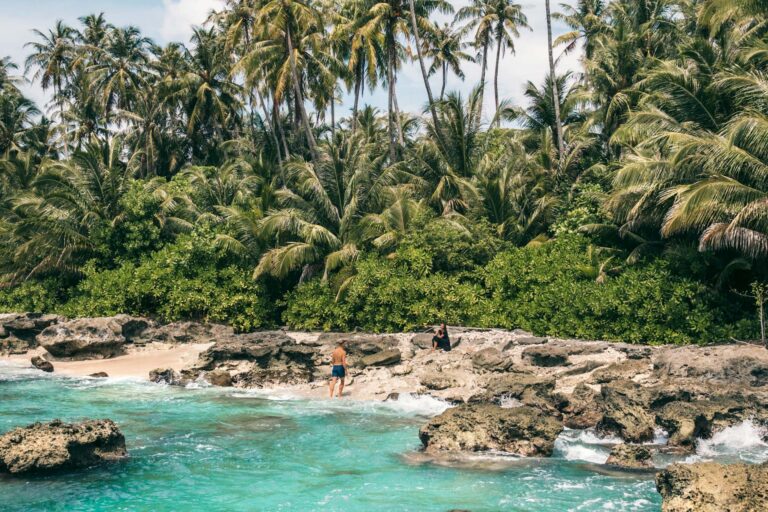
A good work environment
After you’ve figured out exactly what you need to work on (which is a huge and important task in and by itself) you need to actually get down to business.
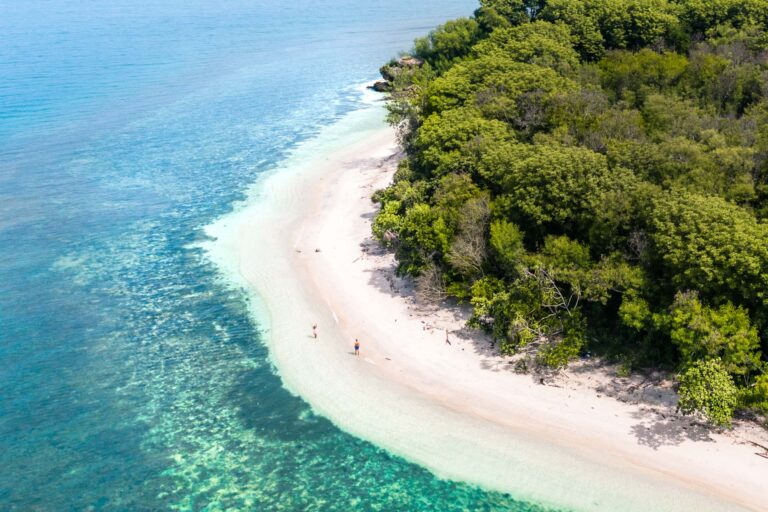
To work as well as possible, you need to set up a work environment that works in your favour.
There are a lot of different aspects:
- Ergonomy (table height, sitting position).
- Noise, disturbances and turbulence (or preferably the lack thereof).
- Light (harsh light on your screen can be the biggest pain).
- Temperature (not too hot, not too cold).
- Power (if you work for more than a few hours you need to plug-in).
- Wifi (can it ever be too fast?).
- Access to a toilet, clean water (and coffee!).
- Energy (snacks to the rescue).
Preferably, you want all of these things.
If you’re a digital nomad, that will rarely be the case.
We’ve worked (or tried to work) in all kinds of places from airports and cafés to busses and boats these past few years and there are always compromises involved.


An example of bad work and bad travel
Travelling while working can make your life much harder than it needs to be.
The best places for getting stuff done on the road, in general, are cafés and hotel rooms.
For those to be truly optimal and tick most (if not all) of the above ”boxes”, you need to get super lucky.
Especially if you’re travelling in less developed countries or rural areas.


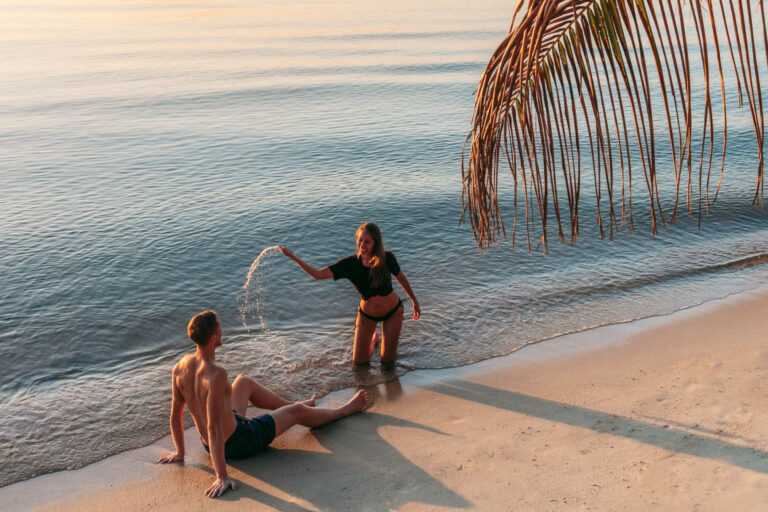
This is what we used to do.
And while we did ”get stuff done” and ”travel”, we didn’t enjoy travelling to the fullest because we always felt like we had work to do that we didn’t finish quick enough.
We also had a hard time finishing big projects that need the momentum of consecutive workdays.
4 example days of bad work and bad travel:
- Day 1: Arrive in a new place. Try to work even though we are too tired. Make a bad food choice.
- Day 2: Work a little in the morning without really getting much done. Experience something cool in this new place. Try to work again in the afternoon but really too tired.
- Day 3: Go on a tour or trip in the morning. Return home late.
- Day 4: Travel to the next place. Try to work on the bus. Repeat.
Often, the place we would try to work from would be sitting in bed with our laptops on our laps.
Why not from a desk? Well, we often stayed at places close to the attractions we wanted to experience and we prioritised low prices over desks.
We often felt overwhelmed by our work. Our energy got lower and lower. And we neither felt like we really got important stuff done nor travelled.
In short, it was a bad spiral.
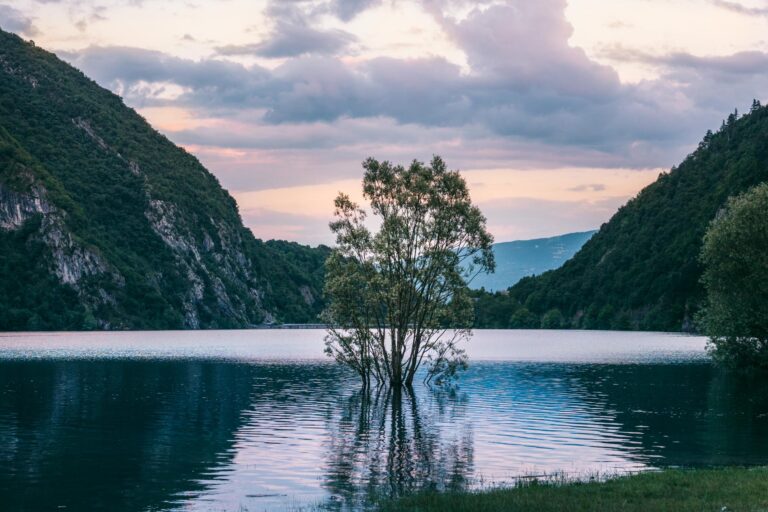
Energy expenditure on the road
Travelling takes a toll on your energy.
Experiencing new stuff requires more brainpower than simply going through the same motions day in and day out.
As it should. It’s kind of the whole point!
After spending hours on public transport, we usually just want a nice meal, a shower and a clean bed.
And the next day we want to see the place where we’ve landed and get a feel for wherever we might be in the world.
To add work tasks to that equation is undoubtedly to make compromises.
Too many times, we have squeezed in an hour of ”admin” before going to bed or delaying going out the following day to finish a work commitment.
It’s stupid. And there’s a much better way.

How to travel and work
The trick to make a lifestyle of working and travelling work without bad compromises is to prioritise travel or work on any given day.
And to invest in setting up a stable work environment.
For us, that means to find a place to stay where we have:
- A desk and good chairs.
- Blinds or curtains.
- A stable temperature.
- Power 24/7.
- Wifi + data on a local SIM card.
- Private bathroom.
- Access to clean water.
- Kitchen or at least a water cooker.
Finding a place that meets the above criteria is easier than it sounds.
But often, these kinds of places aren’t the cheapest.
For example, staying in hostels is very rarely conducive to getting work done.
To find a place with a good work environment, we usually use Airbnb and look through the listings for a particular area.
If you prefer working away from where you live, you can also consider joining local coworking spaces.

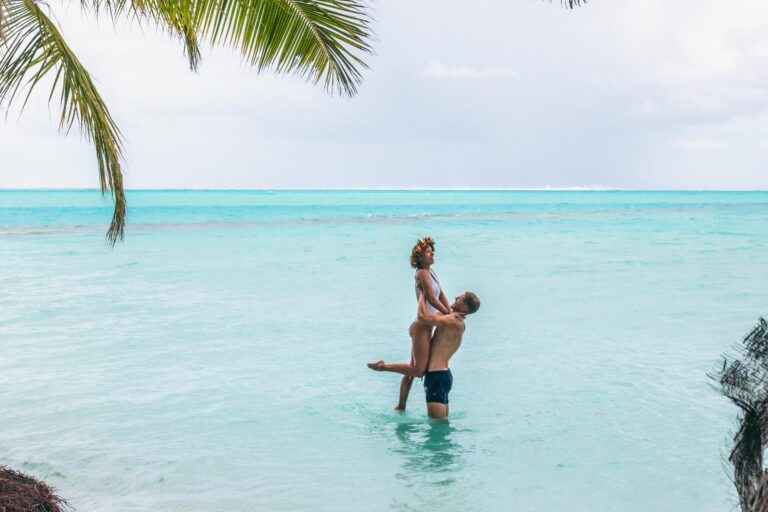

The benefits of long-term stays
We’re proud evangelists of slow travelling and staying in a few select places long-term.
When looking for accommodation, you can often get great discounts if you stay for more than a week – and even better rates for more than a month.
That means you can afford a nicer place where you can work more comfortably and therefore more effectively.
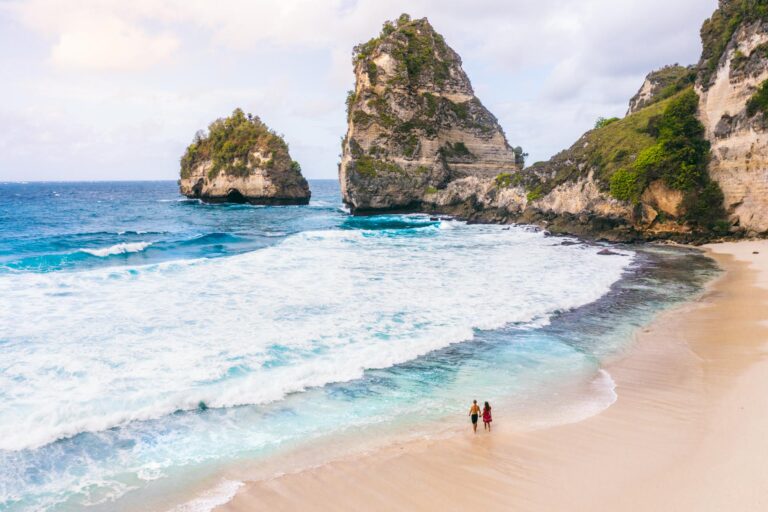
If you wish to sign-up for a coworking space, becoming an actual member instead of paying ”drop-in” fees is also much cheaper.
The same goes for things like gym memberships, car hire and data plans.
Get a place with a kitchen, buy food in bulk and suddenly you’re spending way less per day on eating, too.

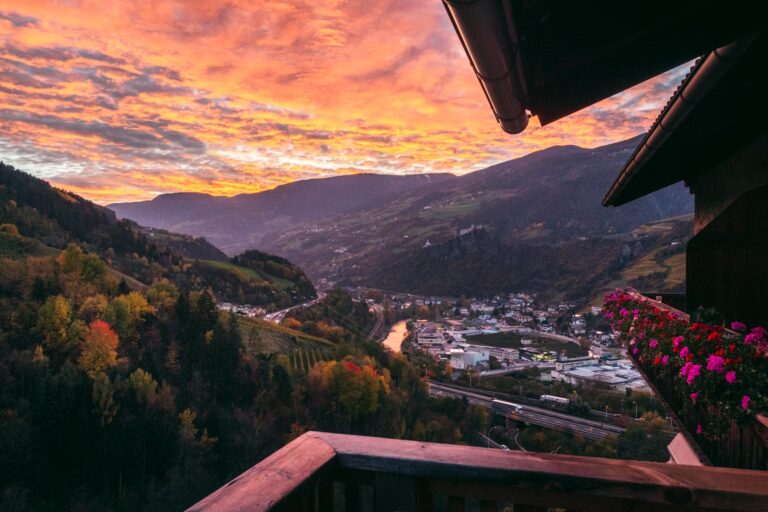
But what about travelling?
Here’s the cool part: You can still travel!
Take a day or two off during the middle of the week and go explore the place you live.
If you stay in the same place for long, consider doing longer day trips or even weekend trips.
Or just ”travel” for a few days or weeks before settling back down again in the next city or country you plan to visit.
The possibilities are endless.

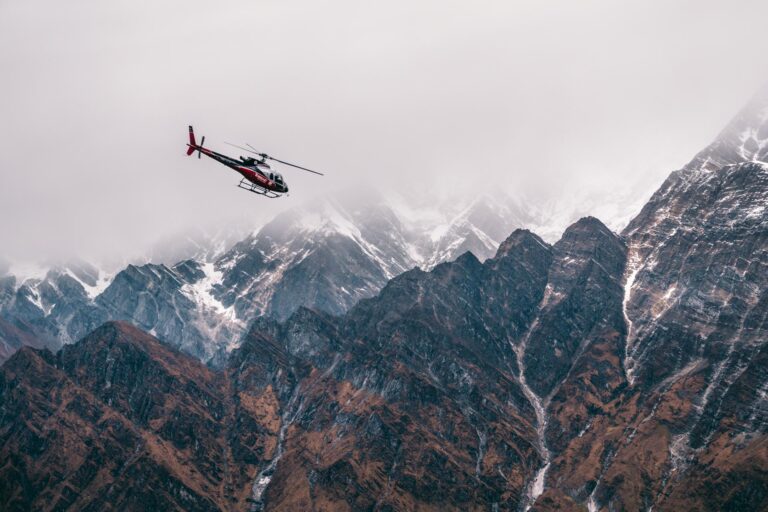
Advertisement
Make your life work for you instead of against you
This is your life.
Hopefully, you’re the master of it and have at least some say in the way you live it.
So please find a way to enjoy it!
For us, this has meant to travel much slower and settle for weeks or months in each place to experience it fully and get work done (usually on different days).
This might look different for you.
But if you’re currently living the digital nomad dream on the road and wondering why you aren’t getting more things done, why you’re tired and why you don’t enjoy travelling as much as you used to, it might be worth considering slowing down for a while.
Prioritising travel is great, but only if you prioritise your own needs and wants at the same time.
Staying physically and mentally healthy is super important for long-term success as well as for overall life satisfaction.


What about you?
Can you travel and work at the same time? Or do you want to?
We hope that you’ve found it useful to learn about balancing work and travel when you are (or aspire to be) a digital nomad.
If you already work on the road and have a few tips for us and your fellow digital nomads, it would be awesome to hear from you!
Also, please don’t hesitate if you have any questions about our digital nomad lifestyle. We’re here to help!
For more guides, inspiration and tips, check out all of our digital nomad articles here.
We have written about stuff like how to find a unique niche, how to work together as a couple, which travel insurance you should choose as a digital nomad and more!
Thanks again for taking the time to visit our little corner of the Internet. We appreciate you.
Our favourite travel resources:
- Booking.com for cheap hotels.
- Momondo for the best flight deals.
- SafetyWing for travel insurance. We also like World Nomads and True Traveller. All three compared here.
Our camera gear:
- Panasonic GH5. Used for all of our photos and videos.
- DJI Mavic 2 Pro. Best drone out there!
- Sirui Tripod. Lightweight and strong.
- See all of our camera gear here.

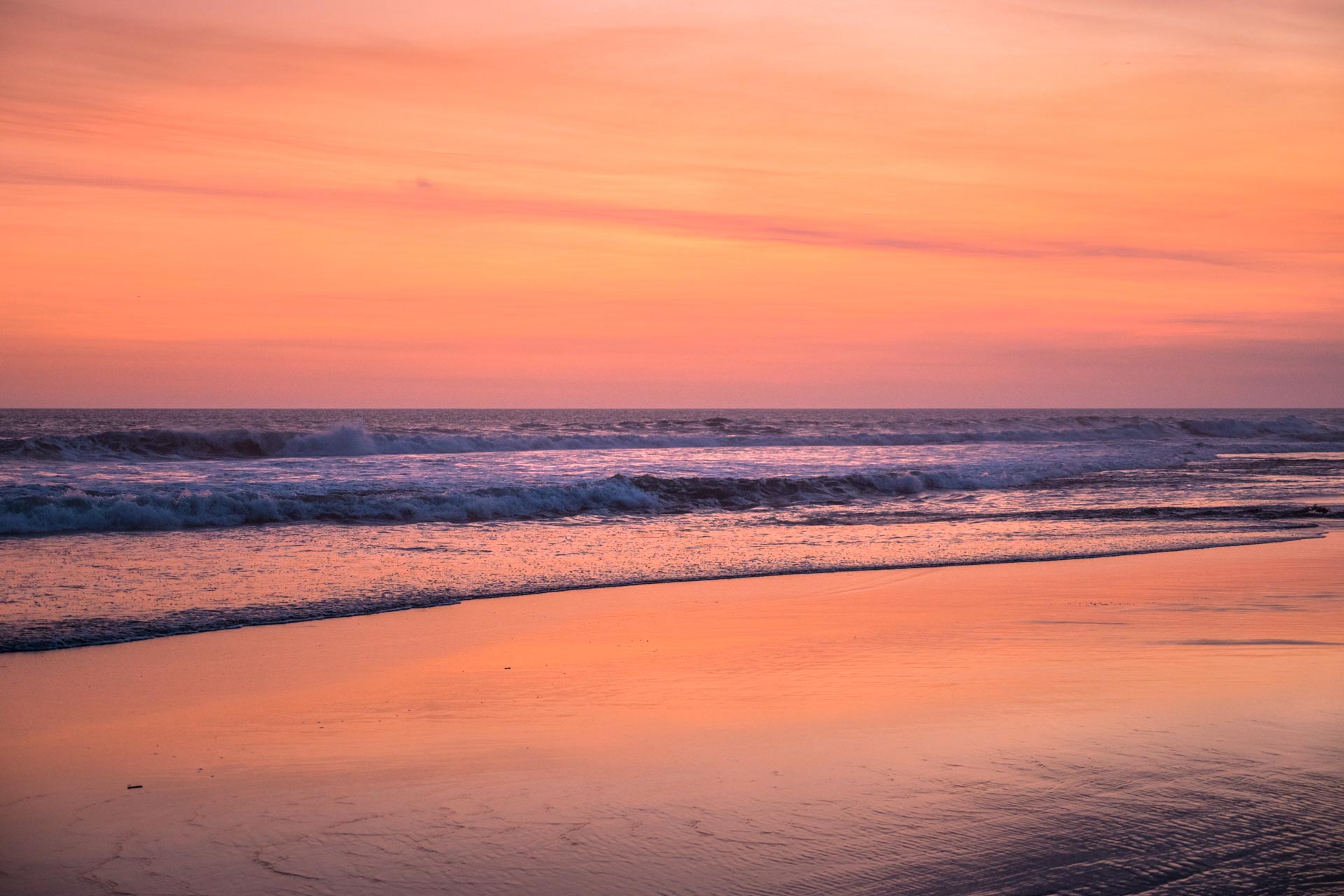


 Book cheap hotels
Book cheap hotels  Find the best flight deals
Find the best flight deals  Nomad insurance
Nomad insurance  Our Camera Gear
Our Camera Gear Our Packing List
Our Packing List